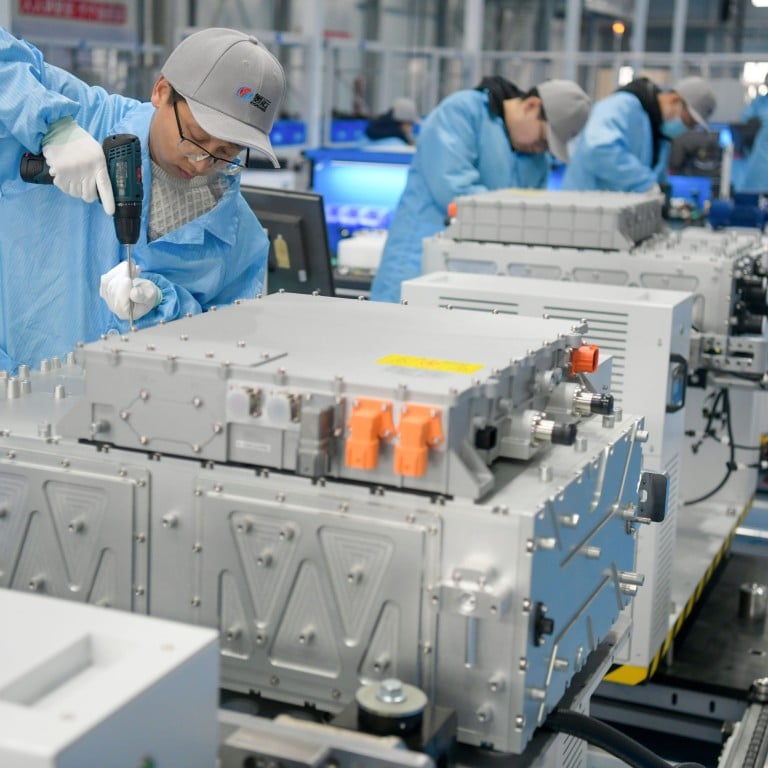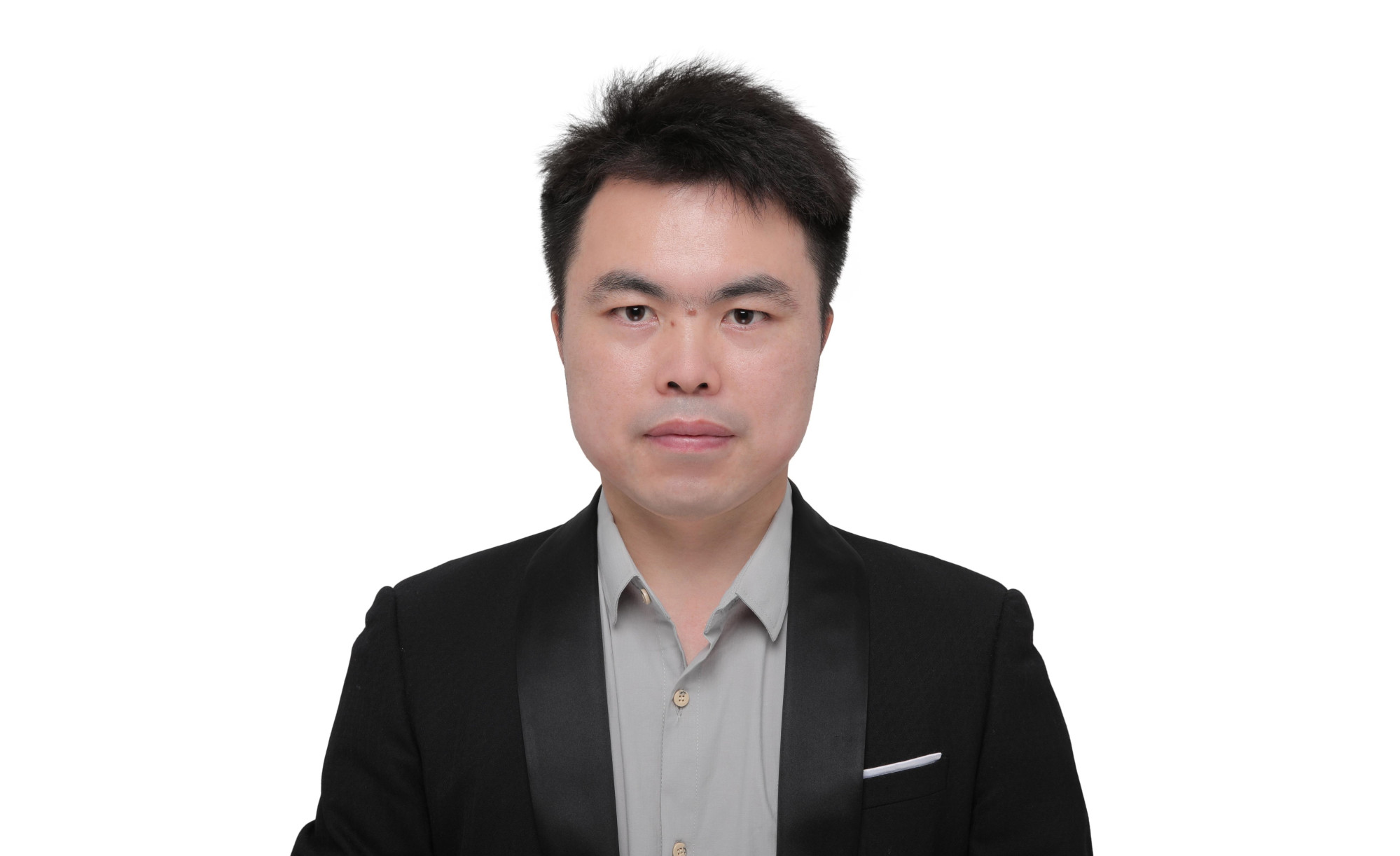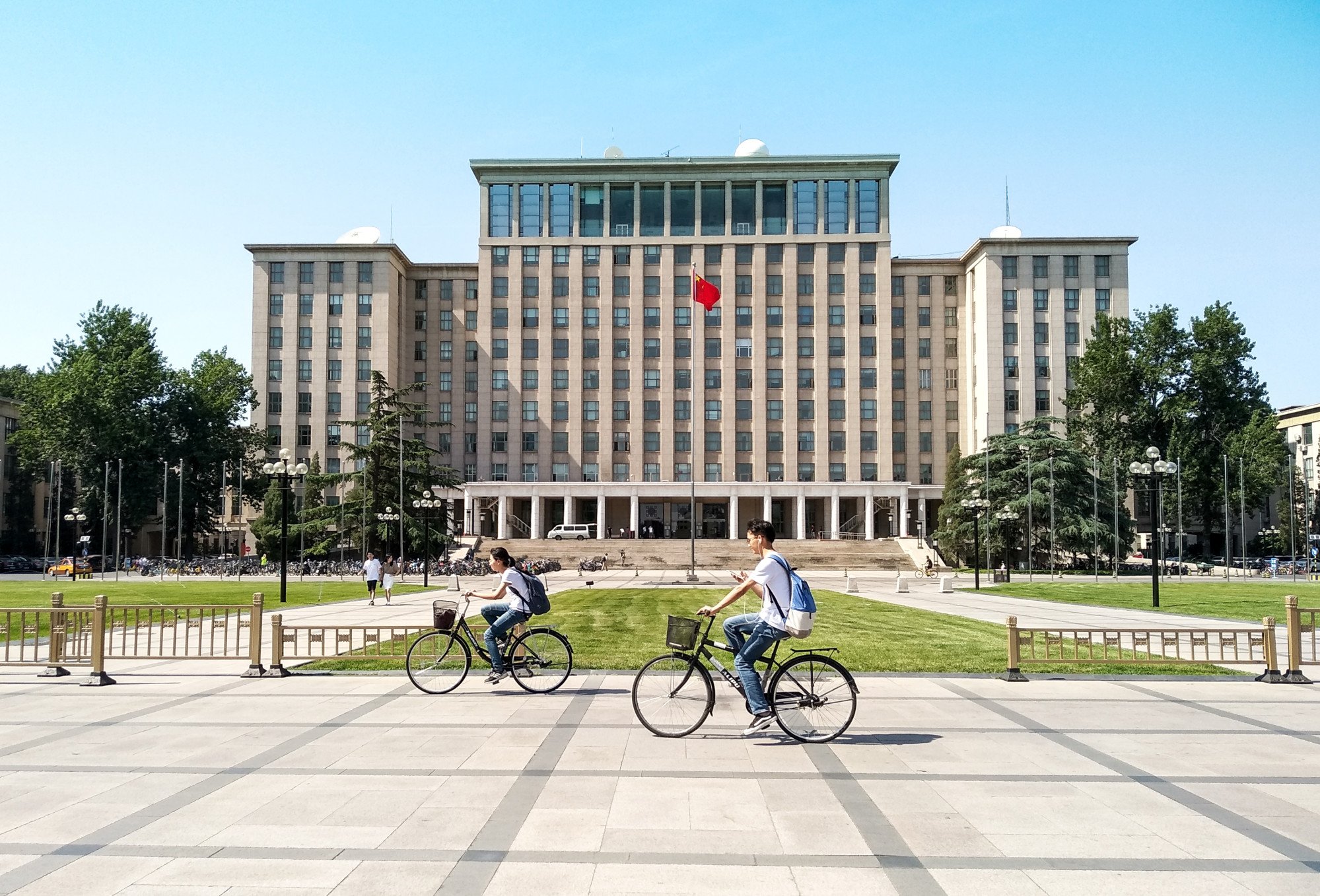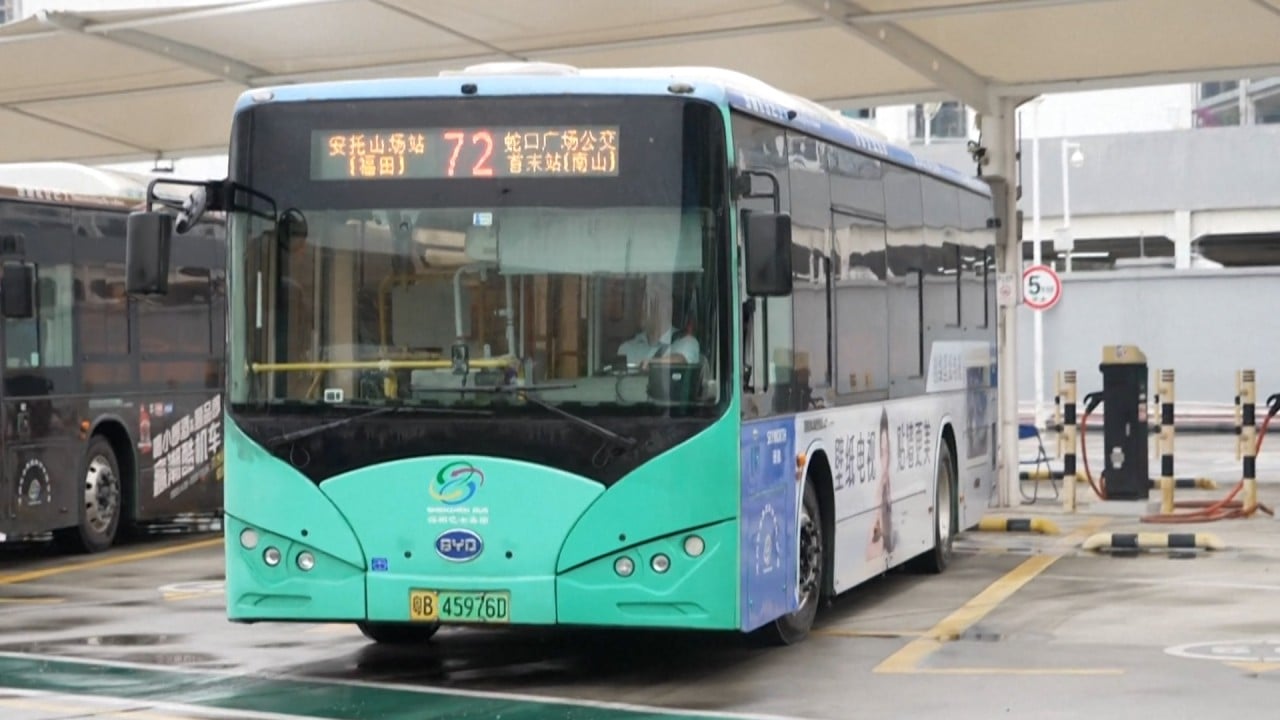
GreenTech in Hong Kong: hydrogen start-up H2 Solution to build city presence as springboard into overseas markets
- H2 Solution aims to raise at least HK$50 million (US$6.4 million) in its first round of financing by midyear to fund its overseas plans
- Company is pursuing several hydrogen-fuel projects in Hong Kong as the city looks to amend its legislation to support the energy transition
Hong Kong green-energy start-up H2 Solution, which makes hydrogen fuel-cell systems, is looking to set up its operations in the city’s science and technology park as a springboard into overseas markets.
The firm is holding talks with Hong Kong Science and Technology Park Corp to participate in its incubation programme and become a tenant at its facilities in Pak Shek Kok, managing director Elvin Yi Rong said.
“It is a good place for us to demonstrate successful application cases on which we can develop overseas business,” he said during the Hong Kong GreenTech Summit last week. “The Hong Kong government is paying a lot of attention to hydrogen energy development,” he added, noting that the city’s electrical and engineering standards are aligned with developed markets.
To support its expansion plans, Yi said H2 Solution is aiming to raise at least HK$50 million (US$6.4 million) in its first round of financing from strategic and private investors in the middle of this year. More funding may be needed, depending on the outcome of a venture in Nepal, he added.

“We want to deploy Chinese technology overseas, by packaging it in a way that meets overseas standards,” Yi said. His firm is discussing with the Nepalese government to use its systems to produce green hydrogen and supply renewable energy to regions not served by the nation’s power grids.
For now, the firm has several projects in the pipeline in Hong Kong. It has engaged various government departments to employ its systems to generate electricity for emergency rescue works at country parks, and also supply power to off-grid sites to support community events under Hong Kong’s “Night Vibes” campaign to boost the local economy.
Another plan involves replacing diesel-fuelled boats at fishing communities in Yim Tin Tsai island offshore of Sai Kung, and supplying hydrogen-generated power at the Kai Tak Sports Park from next year, said Zion Lee Sheung-yuk, a consultant at H2 Solution.
In addition, H2 Solution has also signed a provisional agreement with tours operator Kam Wai Holiday on retrofitting its buses with hydrogen fuel-cell engines, and has held discussions with Chu Kong Shipping on adding hydrogen as a complementary clean-burning fuel in its high-speed ferries, Lee added.
H2 Solution was established in October last year. The firm is majority-owned by Qian Wei, the founder and owner of Foshan Cleanest Energy Technology based in Foshan in southern Guangdong province, a major hub for hydrogen energy deployment in China’s public transport and equipment manufacturing.

Cleanest produces fuel-cell stacks, where water is split into oxygen and hydrogen through chemical reactions with the use of catalysts. Both Yi and Qian previously worked as fuel-cell technology researchers at Tsinghua University in Beijing.
In mainland China, hydrogen buses, trucks, forklifts and trams have been commercialised for a few years. Hydrogen could account for 10 per cent of energy consumption, and cumulative sales of hydrogen-making equipment could reach 1 trillion yuan (US$139 billion) by 2060 when China aims to reach its carbon-neutral goal, UBS estimated in a November report.
Commercial deployment of hydrogen in Hong Kong remains hindered by regulations that ban its use as a fuel, as it is classified a “flammable gas” under the Dangerous Goods Ordinance. Changes are imminent, as Hong Kong gave in-principle approval to nine hydrogen trial projects between March and October last year.
Test runs have been allowed at hydrogen buses, a refuelling station in Yuen Long, a hydrogen-fuelled light rail vehicle in Tuen Mun, and a tube trailer for delivering hydrogen to the rail vehicle to facilitate formation of a supply chain for hydrogen-based transport.
In October, the government commissioned a study to amend the Gas Safety Ordinance to cover hydrogen as fuel. Preparatory work for legislative amendments covering the production, storage, transport and application of hydrogen fuel are expected early next year.


